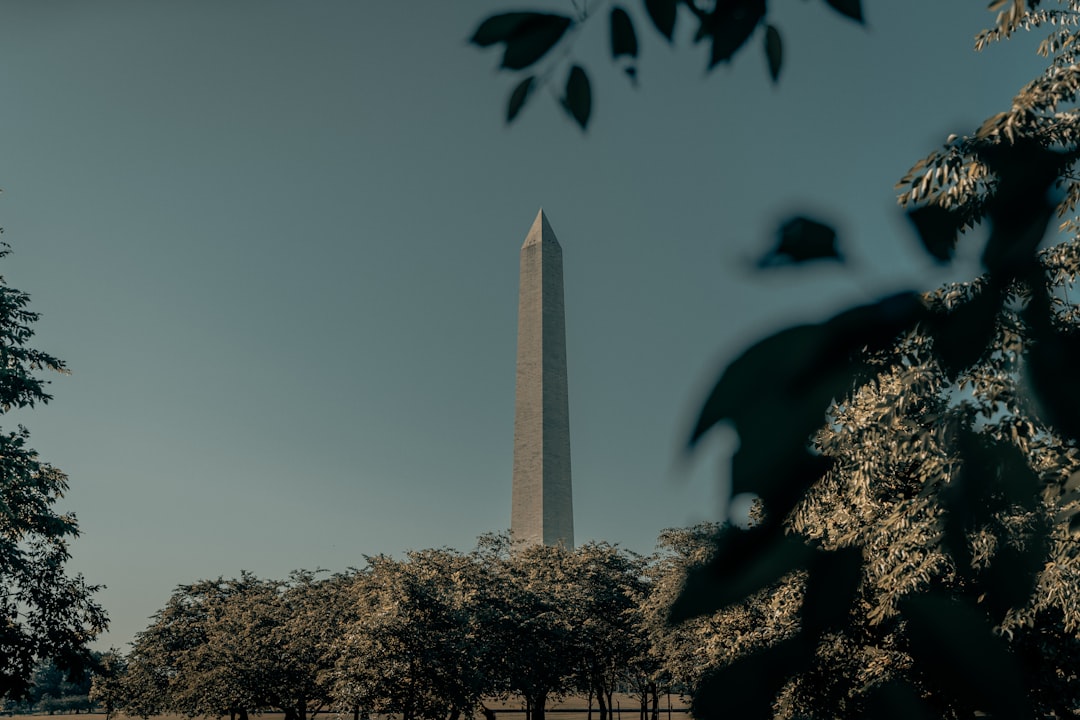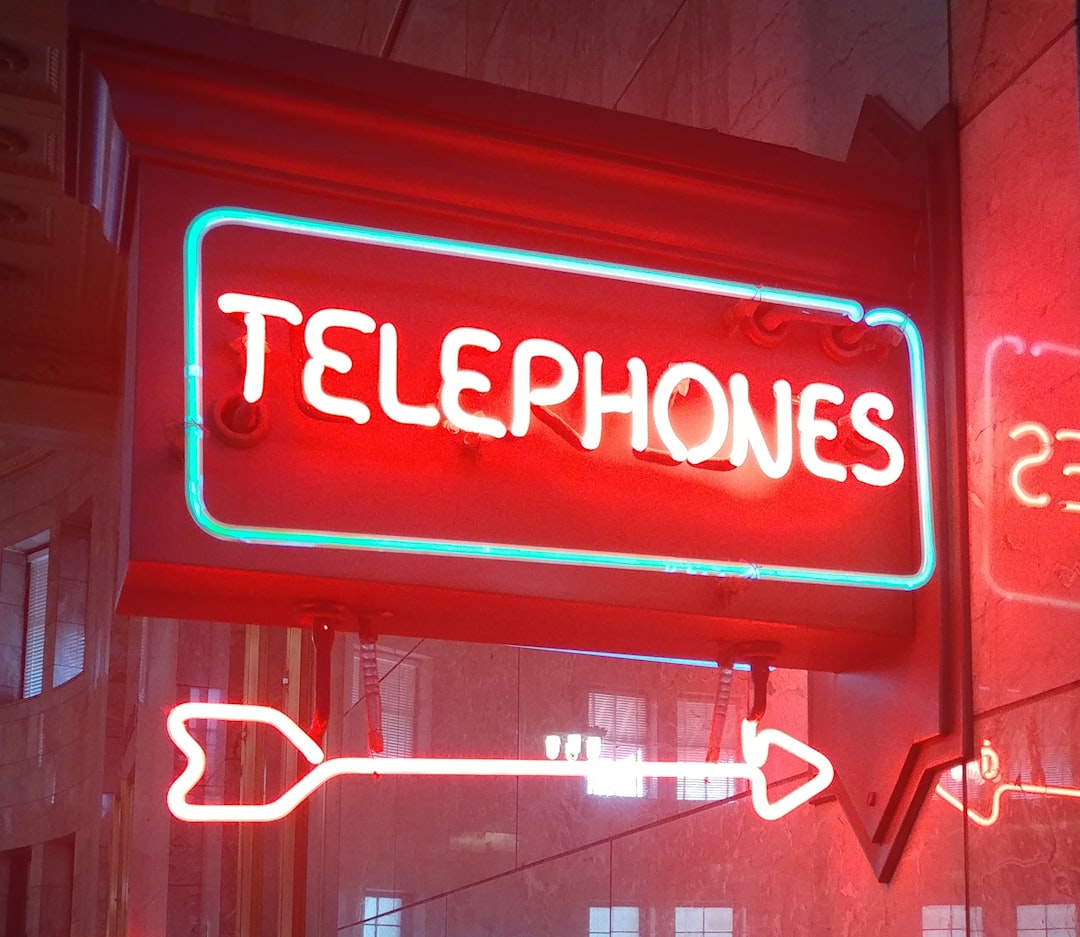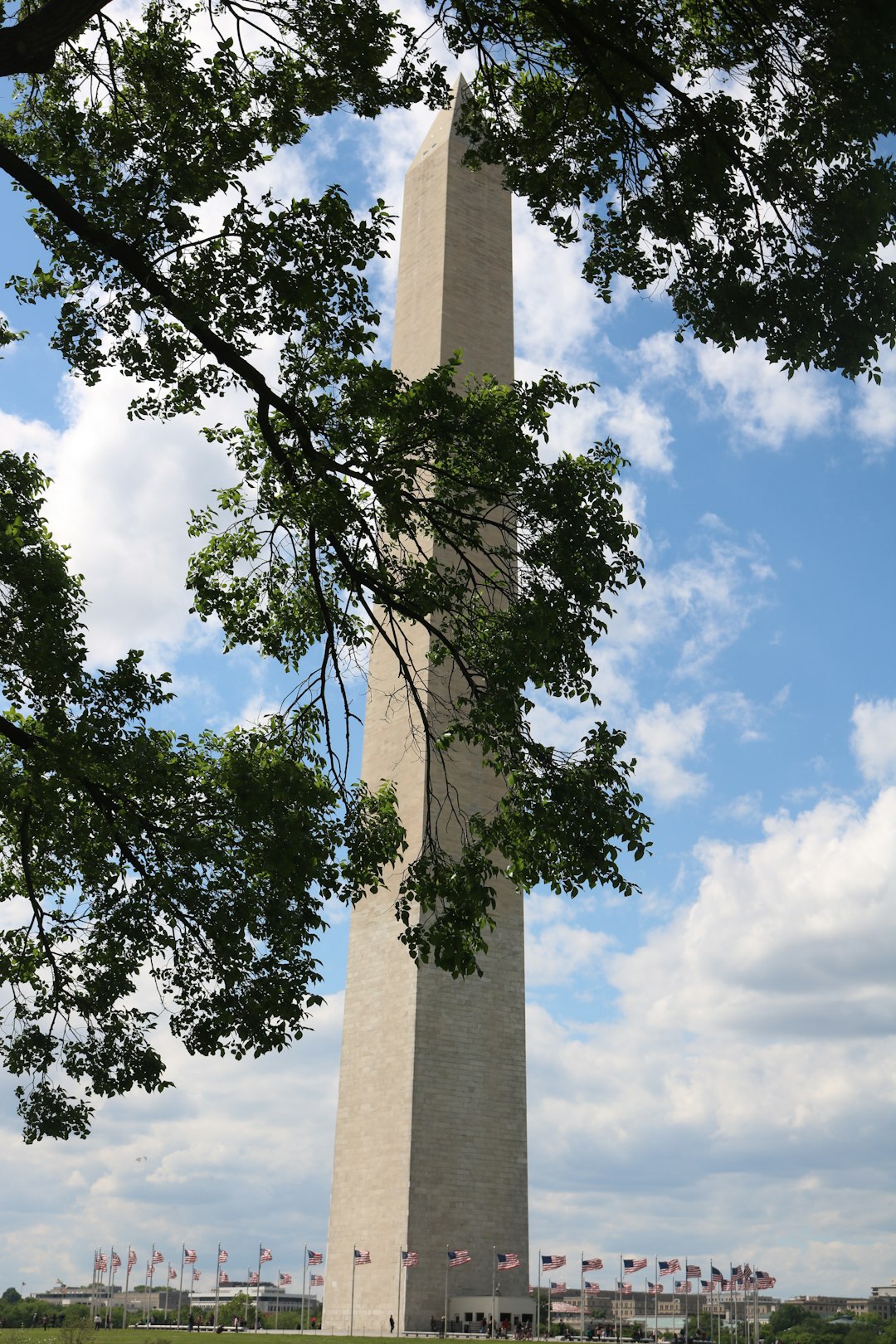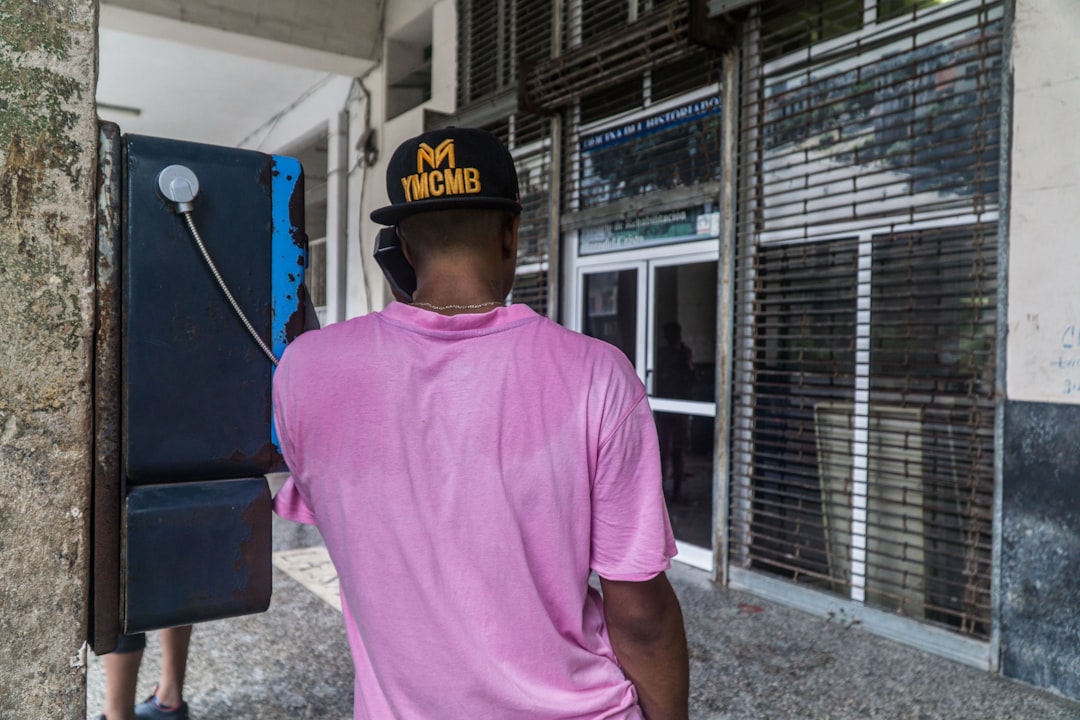Woodley Park, DC faces a surge in caller ID spoofing from spam calls, a deceptive practice where scammers hide their true identities. This issue is exacerbated by technological advancements and requires heightened resident awareness, as local laws, including the Spam Call law firm DC, struggle to keep up. Residents are encouraged to report suspicious calls and take proactive steps like enabling call display and using anti-spam apps to combat spoofing attempts, safeguarding their privacy and safety in the digital age.
“In Woodley Park, a serene neighborhood in Washington D.C., a silent menace has been plaguing residents: caller ID spoofing. This insidious practice, where fraudulent calls disguise their origin, has led to an unprecedented rise in spam calls, causing widespread frustration and harassment. This article delves into the intricacies of this growing concern, exploring its impact on Woodley Park neighbors and dissecting the legal landscape in DC, which aims to protect citizens from telemarketing intrusions with stringent Spam Call law firms.”
Understanding Caller ID Spoofing: How It Works and Its Prevalence in Woodley Park

Caller ID spoofing is a deceptive practice where individuals or entities manipulate the information displayed on a caller’s ID, often with the intent to mislead or scam. In simple terms, it involves hiding the true source of a phone call, making it appear as if it’s coming from somewhere else. This technique has become increasingly prevalent in Woodley Park, DC, where residents have reported an alarming rise in spam calls and potential fraud cases.
Woodley Park, like many urban areas, struggles with the growing issue of spoofed calls, especially since these fraudulent activities often fall under the radar due to rapid technological advancements. The ease of using caller ID spoofing software has made it accessible to both professional scammers and amateur pranksters, leading to a complex challenge for local law enforcement and telecom authorities. This is particularly concerning given the recent implementation of the Spam Call law firm DC, which aims to combat such nuisance calls but requires heightened awareness from residents to identify and report suspicious activities effectively.
The Rise of Spam Calls: A Growing Concern for DC Residents
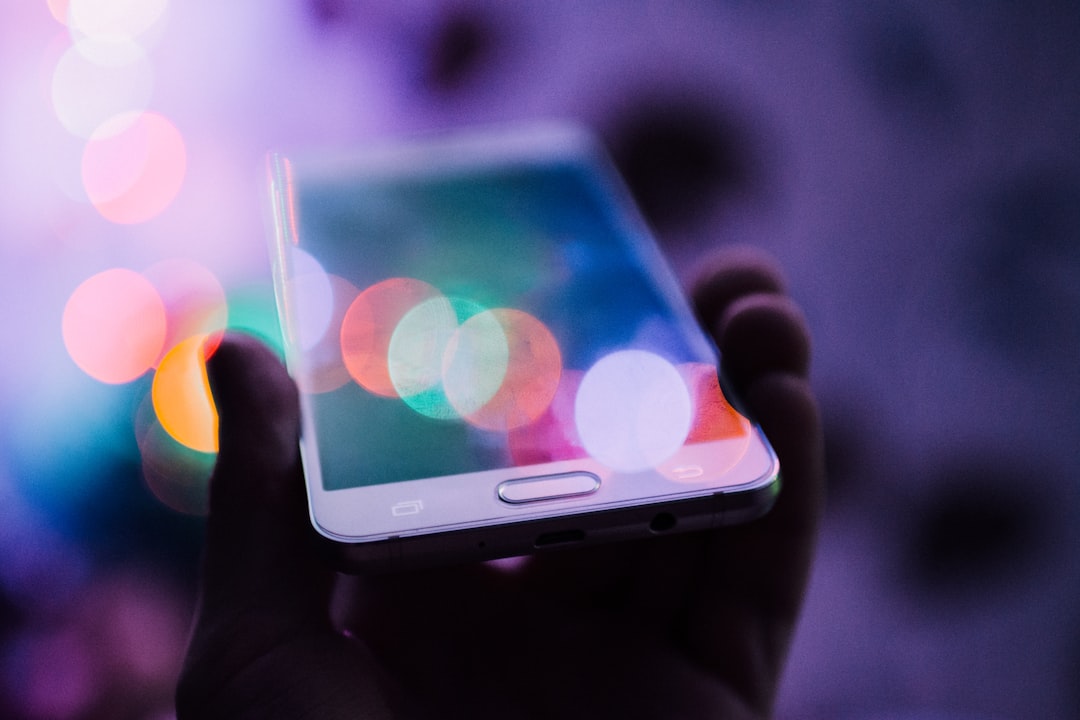
In recent years, the rise of spam calls has become a significant concern for residents across Washington D.C., including those in Woodley Park. With advancements in technology, scammers and telemarketers have found new ways to target potential victims, often using sophisticated techniques like caller ID spoofing to conceal their identities. This growing trend poses a major challenge as it not only invades people’s privacy but also disrupts daily life with unwanted and often fraudulent calls.
Woodley Park residents may find themselves on the receiving end of these spam calls, which can range from pre-recorded sales pitches to potential scams aimed at gathering personal information. The ease of caller ID spoofing allows scammers to bypass existing Spam Call laws enforced by DC’s Attorney General’s Office, making it crucial for residents to stay informed and vigilant. A reputable DC Spam Call law firm can play a vital role in educating the community and providing legal recourse against such malicious activities.
Legal Landscape: DC's Approach to Protecting Citizens from Telemarketers
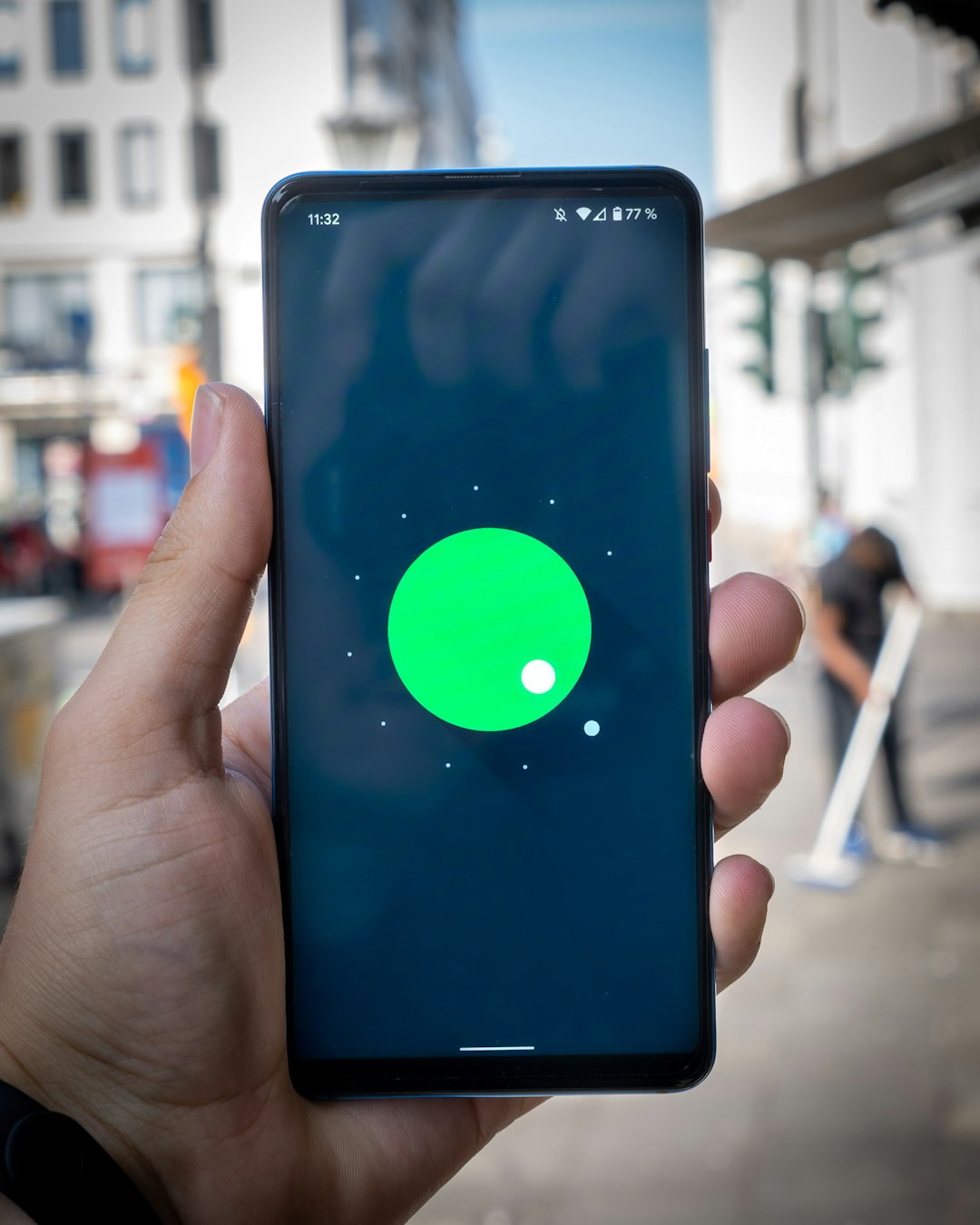
In Washington D.C., the legal landscape regarding caller ID spoofing is designed to protect residents from unwanted and deceptive telemarketing practices. The District has stringent regulations in place, including a robust Spam Call law firm DC, that aim to curb the prevalence of spoofed calls. These laws are part of a broader effort to ensure transparency and prevent consumers from falling victim to fraudulent activities.
The approach taken by DC emphasizes not just penalizing offenders but also educating citizens about their rights and the legal avenues available to combat spoofing incidents. The city’s consumer protection agencies actively work with telecom providers and law enforcement to track down spoilers, ensuring that residents can enjoy peace of mind when answering their calls. This multifaceted strategy underscores DC’s commitment to safeguarding its citizens in the digital age.
Impact on Woodley Park Neighbors: Stories of Frustration and Harassment
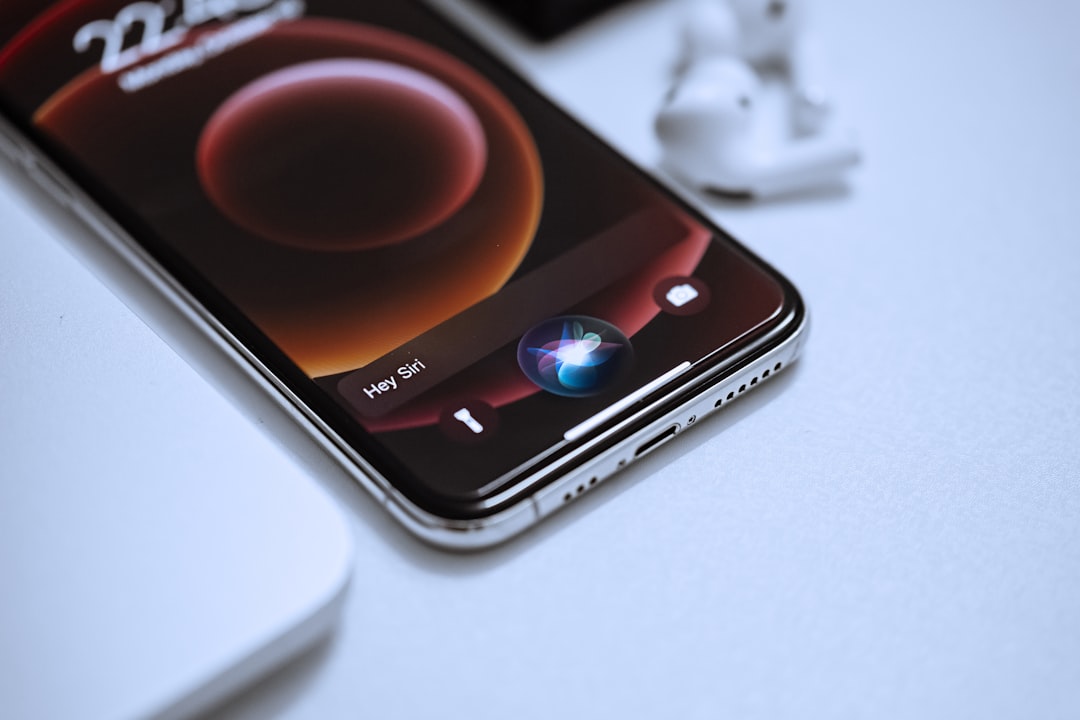
The residents of Woodley Park, a quiet and affluent neighborhood in Washington D.C., have been increasingly dealing with an unwanted intruder—spoofed caller IDs. This modern form of harassment has left many neighbors frustrated and concerned about their privacy. With the rise of advanced technology, scammers are able to mask their phone numbers, making it seem like they’re calling from legitimate sources. This has led to a surge in spam calls, often promoting illegal services or products, and violating the peace and tranquility that once characterized Woodley Park.
Many residents share stories of constant interruptions during dinner or important meetings, only to find unknown numbers on their caller IDs. Some have even received threatening or offensive messages, causing emotional distress. These fraudulent calls not only disrupt daily life but also erode trust in the community. With the Spam Call law firm DC gaining traction as a solution, residents are increasingly seeking legal aid to combat this growing problem and restore peace to their neighborhood.
Solutions and Prevention: What You Can Do to Stop Spoofed Caller IDs

To combat caller ID spoofing, residents of Woodley Park can take several proactive steps. One effective measure is to familiarize themselves with the Spam Call law firm DC, which has stringent regulations against deceptive calls. By reporting suspicious calls to the relevant authorities, individuals can contribute to identifying and penalizing culprits.
Additionally, adjusting phone settings is crucial. Users should enable call display or caller ID services if not already active. Installing reputable anti-spam applications can also filter out bogus callers. Regularly updating software and avoiding clicking on unknown links or downloading unfamiliar apps helps reduce the risk of falling victim to spoofing attempts.
